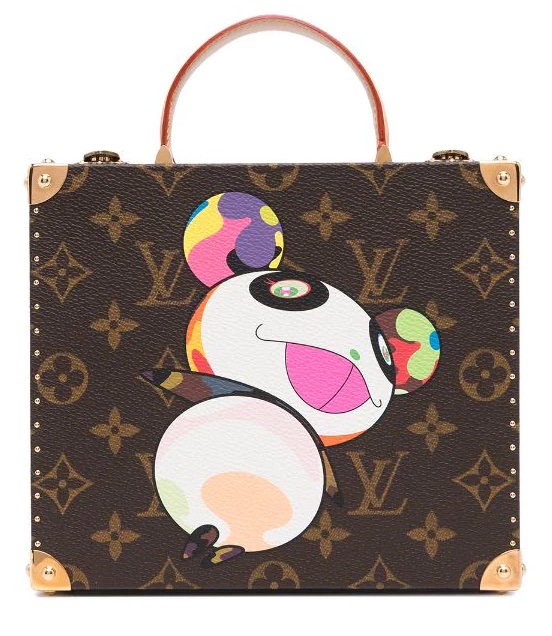Even if you aren’t personally familiar with famed Japanese contemporary artist Takashi Murakami, you have surely seen his work.
The pop artist’s brightly colored signature characters have appeared on everything from limited edition Louis Vuitton bags to Supreme shirts to Vans skateboarding shoes.
Having collaborated with celebrities like Drake, Kanye West and Billie Eilish, and institutions such as the Museum of Modern Art and Gagosian, Murakami is, without a doubt, one of the biggest “conventional” artists to try their hand at making nonfungible tokens (NFTs). Despite this, his projects still haven’t blown up to the extent of other prominent contemporary artists like Beeple.
Many are convinced that is set to change, claiming Murakami’s flowers are well on their way to becoming as iconic as CryptoPunks and Bored Apes. After a hotly anticipated but ultimately disappointing NFT launch that coincided with the 2022 crypto collapse, the artist is finally having another go at the medium. A new exhibit at San Francisco’s Asian Art Museum shows how Murakami creates original tokens from scratch.
High art and low art
While many take Murakami’s flowers at face value, there is more to them than meets the eye. Inspired by the postwar Japan in which he grew up, these deceptively jolly icons critique the perversion and violence that underscore the country’s otaku and kawaii subcultures.
The stylized imagery of these cultures is becoming increasingly popular in western countries thanks to the export of Japanese manga, anime and video games, and Murakami — taking a page out of Andy Warhol’s book — exposes the commercialization of these mediums by way of embracing and even exploiting them. His studio isn’t so much a studio as it is a full-fledged factory, operated by 25 assistants who help him satisfy the demand for his personal brand.
Unifying Murakami’s scattered oeuvre is his “Superflat” theory, which not only refers to the two-dimensional quality that bridges traditional Japanese visual culture to its contemporary counterparts, but also to the idea that Japan, as a society, makes little distinction between “high” and “low” art — between the art you find in a museum and the art you find on billboards or the pages of a manga.
This, Murakami says, is in stark contrast…
Click Here to Read the Full Original Article at Cointelegraph.com News…

